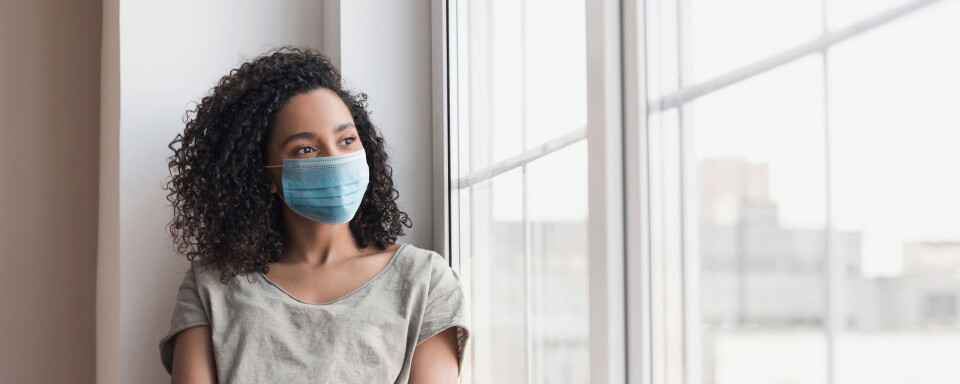-
Communes across France start fight against tiger mosquitoes with resident help
It comes as the mosquitoes continue to proliferate and spread disease
-
High demand for relaunch of Ryanair’s London - France route
Many UK residents own second homes in region
-
Visa delivery policy review ordered by French PM
'France welcomed more than half a million additional immigrants in 2024 - an unprecedented level', said François Bayrou
UK to France travel: How do police checks and quarantine work?
During the self-isolation period – which can be reduced if you test negative for Covid after 48 hours – travellers may go out but only at set times and for specific reasons

[Article updated December 30 at 09:40]
France introduced new rules for travellers from the UK on December 18, effectively banning tourists and people travelling for non-essential work trips.
It also shortened the accepted time frame for pre-departure tests to 24 hours, regardless of vaccination status.
Anyone living in France, regardless of nationality, can return to their home from a trip to the UK but all arrivals must quarantine for 10 days in a single place and cannot, for example, stop overnight on their way home to self-isolate.
Read more:UK-France travel: Can I stop overnight in France on way to quarantine?
Travellers must fill in a form with their details on an online platform called éOS-Covid, which generates a prefectural decree requiring them to complete the self-isolation period.
Read more:Confusion over English text on éOS-Covid form to enter France from UK
The French consulate information page states that “checks will be organised to make sure these measures are properly implemented.”
A Connexion reader who lives in Pyrénées-Orientales told how he was visited by two police officers 36 hours after arriving back in France from the UK.
“The police wanted ID, so we showed them our cartes de séjour,” our reader said. “That seemed to be all they needed to cross reference with their copy of the éOS-Covid form.”
Our reader was also visited by the police on the seventh day after his arrival back in France. When he showed his 48 hour negative test result, they were satisfied that he had been released from quarantine.
Any traveller who is found not to be following the quarantine rules risks a fine of up to €1,300.
How long is the quarantine and can I be released early?
There has been some confusion surrounding the duration of the obligatory quarantine period for people who are allowed to travel to France from the UK under the ‘essential reasons’ rules.
Government spokesperson Gabriel Attal had originally said that travellers’ self-isolation must last for seven days, but the French Interior Ministry and consulate website both state 10 days, and the consulate has since confirmed to The Connexion that this is correct.
However, this 10-day period can be reduced if the person in question is able to provide the negative result of an antigen or PCR test carried out at least 48 hours after their arrival in France.
Read more:UK-France travel: how do I get new test to shorten quarantine period?
People are allowed to break quarantine to visit a test centre or pharmacy in order to carry out this test, although they should try to stay as close to home as possible.
You can find test centres near you on this government list.
Residents of France who are fully vaccinated can have the cost of Covid tests reimbursed by Assurance maladie, but unvaccinated people must pay unless they have a doctor’s prescription or have been identified as a close contact of a confirmed Covid case.
What else should I expect from my quarantine period?
The éOS-Covid decree also states that people who are required to quarantine can leave their home or accommodation between 10:00 and 12:00 to carry out essential business such as buying supplies (within a one kilometre radius if possible) but they should aim to use home delivery if possible.
Non-urgent medical appointments should take place over the phone or via video link if possible but otherwise planned medical appointments may take place. No time or location limit is placed on emergency medical treatment, provided that the individual can prove its urgent nature.
Anyone who needs to visit the place where the person is quarantining must make sure that they wear a mask at all times, observe social distancing measures and stay in a well-aired room if possible.
Visitors should not stay for more than four consecutive hours.
Related stories
What counts as 'essential reasons' for UK-France travel?
French flights and Covid cancellations: Know your refund rights
























